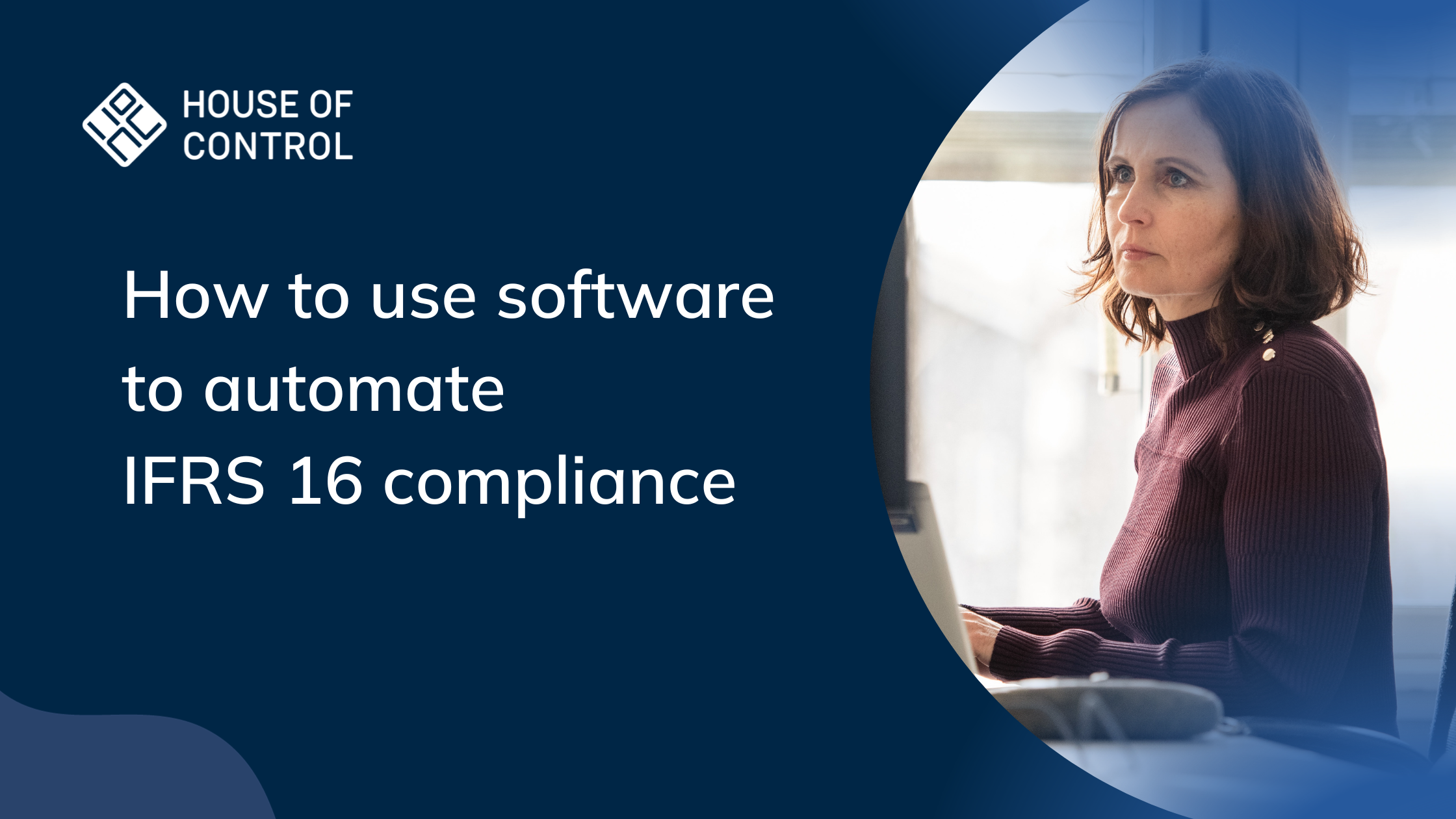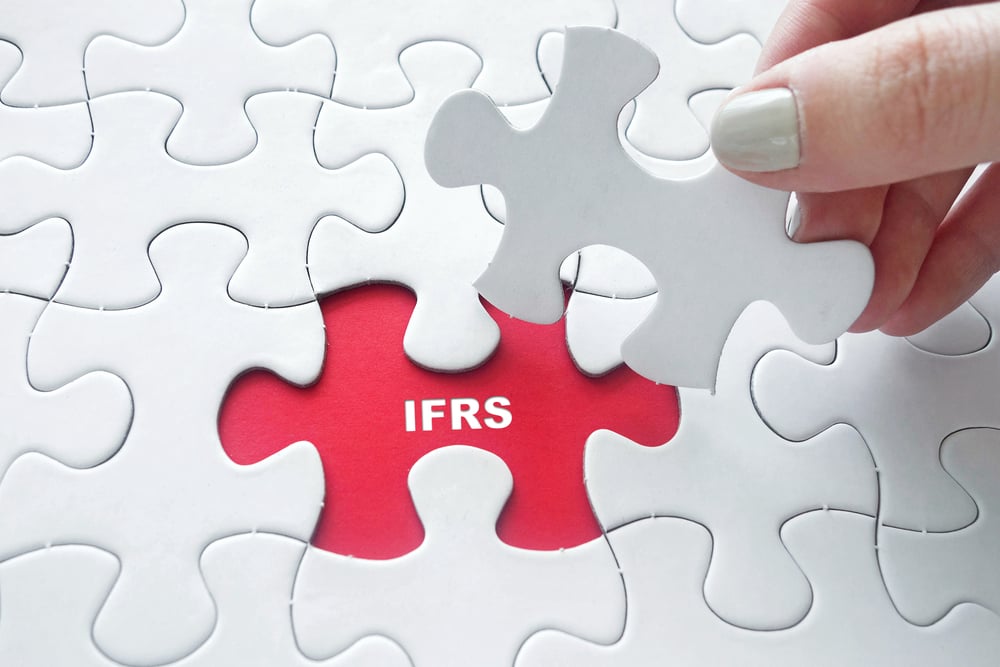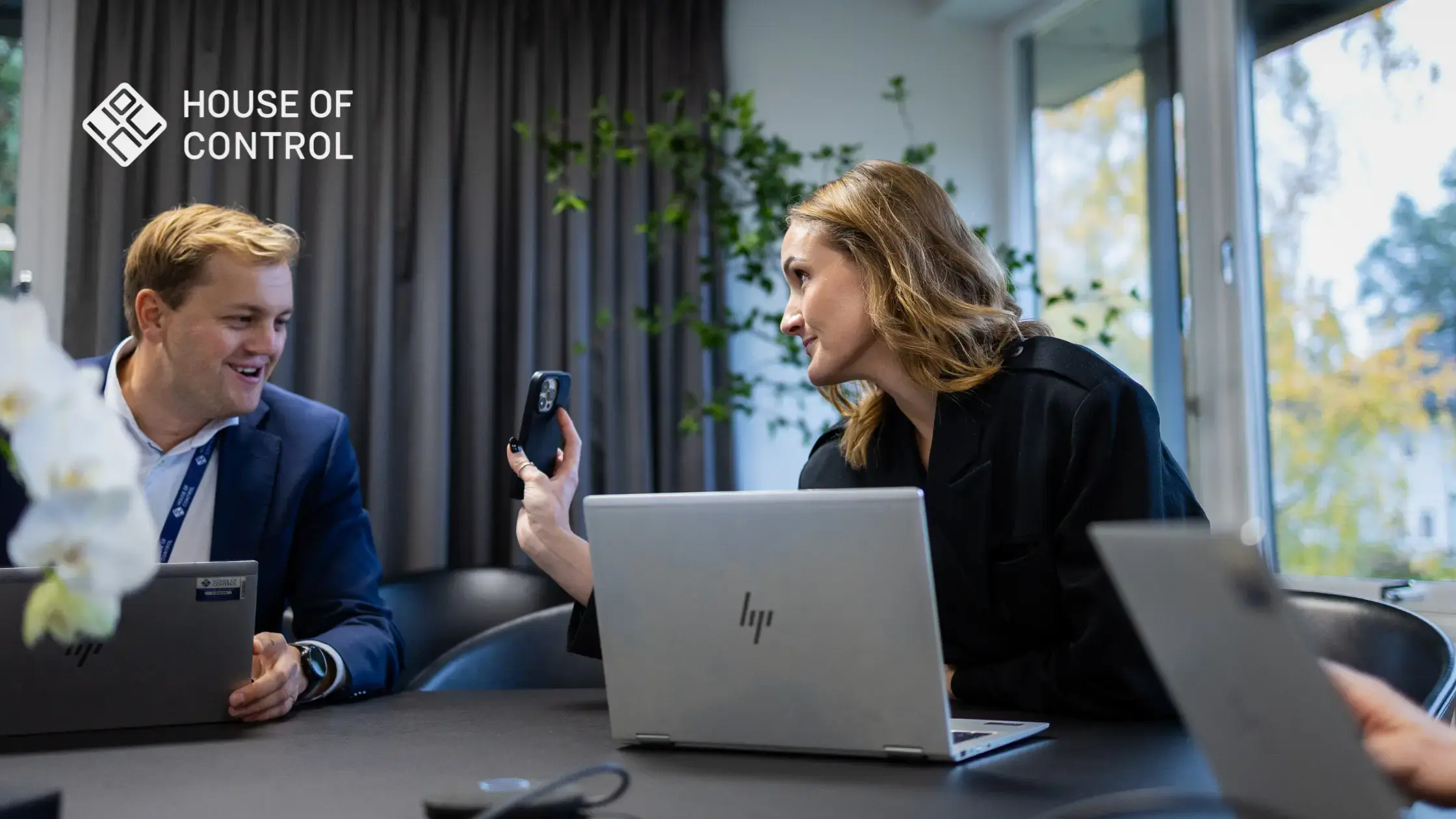IFRS 16: Process implementation challenges and how to deal with them
Meeting the requirements set out in IFRS 16 is a fantastic opportunity to boost the overall efficiency of the accounts department, says Jacqueline Schwär, a German IFRS expert at Cap Gemini. Here are her tips for successful implementation.
“Processes represent a major challenge for successful implementation of IFRS 16, particularly as the finance-related processes are more stringent in terms of checks and balances. Flaws in the process setup can impact how items are posted in the general ledger, reducing the reliability of the financial disclosures,”writes Cap Gemini consultant Jacqueline Schwär, who has many years’ experience of helping clients to implement IFRS standards. She sees four typical challenges when companies implement IFRS 16:
1. Local variations in processes, data and software
This applies to companies with operations in several countries, with different regulatory requirements for contract repository schemes and information flow, for example. This complicates the creation of a uniform presentation of leasing agreements.
2. Access to relevant and accurate data
Having different tools for managing contracts in various parts of the business group creates uncertainty with regard to formats and data quality. The more databases that need to be maintained, the bigger the challenges.
3. New reconciliation requirements
Payments relating to contracts relevant for IFRS 16 must be identified, which increases the accounts department’s workload.
4. Standardisation of processes with third-party sources
One example is the vehicle fleet, where key leasing data comes from suppliers. Do they deliver the data in the format you require?
How to deal with IFRS 16 challenges
Schwär recommends that companies create a centralised implementation team made up of people with knowledge of local peculiarities and requirements. The team identifies the biggest common denominators as a basis for a harmonised group-wide process, with opportunities for local adjustment.
A process to ensure that the accounts department receives the right information should also be established. The accounts department should receive source data from only one global system, tailored to the management of leasing contracts. This has the additional benefit of improving the company’s central and local follow-up of leasing contracts.
Schwär recommends that the company adopt a uniform way of treating each different type of leasing or rental contract. This ensures consistency in the way items are posted in the accounts. She recommends that vehicle leasing contracts, in particular, be given their own process.
She says that the requirements set out in IFRS 16 represent a great opportunity to implement smarter working methods in the accounts department, for example by using software that saves time, simplifies processes and increases accuracy.
House of Control has developed a module that quickly and accurately addresses the new IFRS accounting requirements for rental contracts and leases. The module covers all relevant factors, such as transitional rules, requirements for notes, calculating right of use, leasing liabilities and leasing payments.



